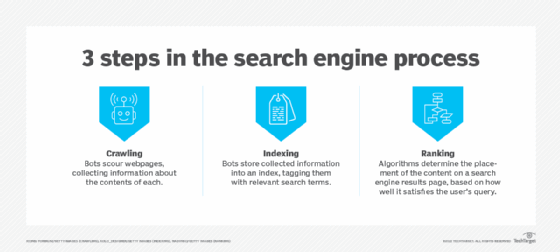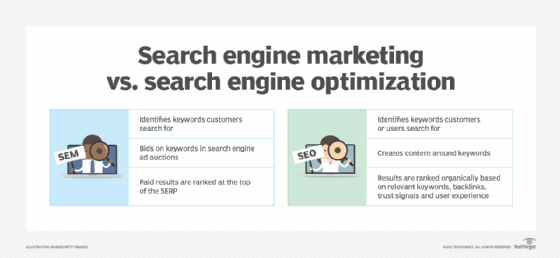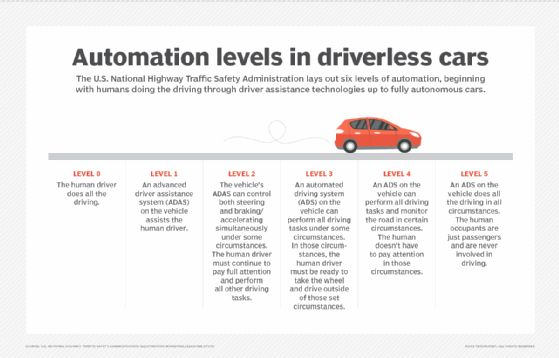Baidu
What is Baidu?
Baidu (百度) is a Chinese technology company. Its primary business is internet search in the China market. Baidu also provides other internet services and artificial intelligence (AI) development. The multinational company was founded by Robin Li and Eric Xu in 2000 and is headquartered in Beijing.
Baidu became the first Chinese company to be included in the Nasdaq-100 index in 2007.
The name Baidu is composed of the Mandarin Chinese characters meaning 100 (百) and times (度). It comes from a classical Chinese poem written by Xin Qiji where the writer searches a crowd of people for someone "100 times" -- or countless times -- only to find them immediately when they turn to look again.

Baidu search engine
Baidu is the most popular search engine in China, where it currently has about 67% of the search traffic -- down from a high of 75% in recent years due to stronger competition from inside the country from the likes of Sogou and Haosou, and outside from Microsoft Bing.
Baidu's primary revenue stream comes from search engine marketing (SEM) services. It uses a pay for placement (P4P) method in which users see advertisements relevant to their search results. Baidu's P4P platform helps customers with search engine optimization (SEO) and keyword choice to help their webpages place better in search results. Baidu's P4P platform also allows customers to bid for placement -- advertisers select keywords and bid for first link placement in search results using those keywords.
Baidu search has very little presence outside China. It was designed for the Chinese language, primarily indexes simplified Chinese characters and gives preference to sites hosted in China. Its search spider is less advanced than the Google indexer in the types of content it can search. For these reasons, any site that wishes to rank high in searches in China needs specific SEO strategies for the country.
Globally, Baidu makes up less than 1% of total search traffic. Google search is blocked in China by the Great Firewall of China. Due to the absence of Google, the search engine market in China is quite different from other countries.

Baidu AI
Baidu has done much research and development in AI and machine learning. It has been researching various forms of AI since at least 2010. It developed Baidu Brain, which is a collection of core AI-related technologies. Baidu also operates an open source AI community named PaddlePaddle.
In addition, Baidu developed autonomous driving technology called the Apollo project, or Apolong. In 2018, it entered into a partnership with Ford Motor Company to develop level 4 autonomous driving cars. In 2022, Baidu announced that it had permits to operate fully driverless taxis at a test location in China.

Chatbots and large language models (LLMs) are another major component of Baidu's AI strategy. It released several early chatbots, some of which were created for business applications. Baidu's Melody was a product designed to help doctors collect information about patients. Ernie is Baidu's LLM-powered chatbot. It currently competes with other powerful LLMs such as OpenAI's ChatGPT.
Other Baidu internet services
Baidu offers many other internet services in addition to search. These include the following:
- Maps and turn-by-turn directions.
- Tieba, a keyword-based social media community, similar to Facebook communities.
- Media search, including image, video and audio search.
- Cloud services, such as cloud storage, compute, content delivery network and cloud AI.
- Baidu Baike, a Chinese-language wiki encyclopedia.
- Machine translation.
Baidu earns much of its revenue from search engine marketing services, and SEM is one of the most effective strategies for companies to reach potential customers. Learn how data analytics can improve content management strategies. Also, explore the top generative AI tool categories and see why the future of AI in transportation goes beyond self-driving cars.
